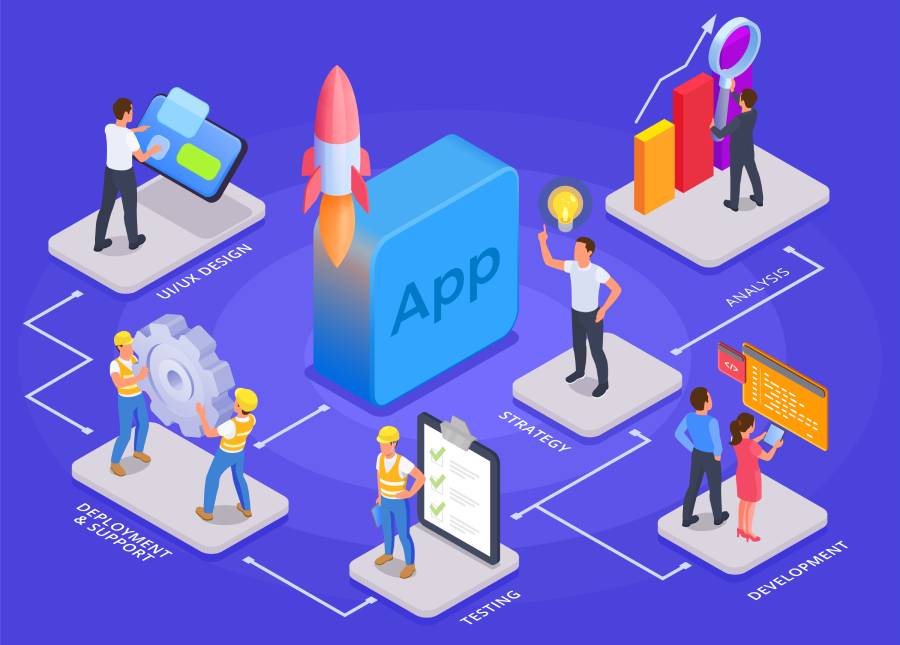Choosing the Right Platform: iOS vs. Android App Development

Choosing the Right Platform: iOS vs. Android App Development
In the rapidly evolving landscape of mobile app development, one of the critical decisions that developers and businesses face is choosing the right platform. With the dominance of iOS and Android operating systems in the market, the choice between iOS and Android app development can significantly impact the success of your app. In this blog, we’ll delve into the nuances of iOS and Android app development to help you make an informed decision.
Understanding the Platforms:
Before diving into the comparison, let’s understand the basic differences between iOS and Android platforms. iOS is the proprietary operating system developed by Apple exclusively for its devices, such as iPhones and iPads. On the other hand, Android is an open-source operating system developed by Google, widely used by various manufacturers across a multitude of devices.
Market Share and Audience Reach:
When deciding between iOS and Android app development, considering market share and audience reach is crucial. While iOS holds a significant share of the market, particularly in regions like the United States and Europe, Android dominates globally. Android’s wider reach can be attributed to its availability across various price points, catering to a broader demographic.
Development Environment:
iOS and Android app development follow different development environments. iOS development primarily utilizes Xcode, Apple’s integrated development environment (IDE), along with Swift or Objective-C programming languages. On the contrary, Android development relies on Android Studio, Google’s official IDE, and Java or Kotlin programming languages.
Design Guidelines and User Experience:
Both iOS and Android platforms have distinct design guidelines and user experience principles. iOS apps adhere to the Human Interface Guidelines (HIG), emphasizing simplicity, clarity, and consistency in design elements. On the other hand, Android apps follow the Material Design guidelines, focusing on a visually engaging and intuitive user experience.
Fragmentation and Device Compatibility:
One of the significant challenges in Android app development is fragmentation due to the diverse range of devices and operating system versions. Developers need to ensure compatibility across various screen sizes, resolutions, and hardware specifications. In contrast, iOS development offers a more uniform ecosystem with fewer device variations, simplifying the development process.
App Store Ecosystem:
The App Store for iOS and Google Play Store for Android are the primary distribution platforms for mobile apps. While both platforms have rigorous review processes, the App Store is known for its stringent guidelines and curated approach, resulting in a more controlled environment. On the other hand, the Google Play Store offers more flexibility and openness in publishing apps.
Monetization Opportunities:
Monetization strategies differ between iOS and Android platforms. iOS users tend to spend more on apps and in-app purchases, making it lucrative for developers. Additionally, iOS users are more likely to opt for paid apps compared to Android users. However, the larger user base of Android provides ample opportunities for advertising revenue and in-app purchases.
Conclusion:
In conclusion, the choice between iOS and Android app development depends on various factors, including target audience, market reach, development resources, and monetization goals. While iOS offers a curated ecosystem and higher revenue potential, Android provides wider market reach and flexibility. Ultimately, evaluating your project requirements and audience preferences will guide you in selecting the right platform for your mobile app development endeavors.



